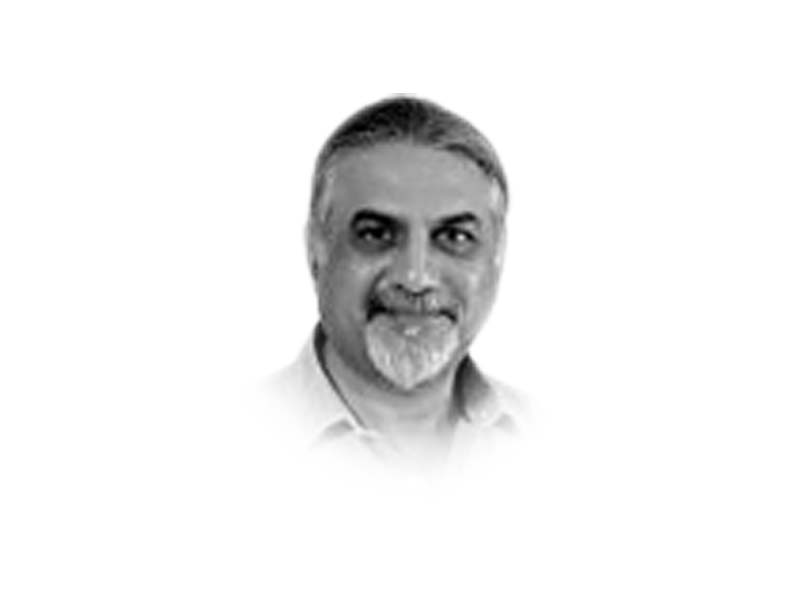
As political concepts, liberalism and illiberalism remain the focus of discussions and debate in democratic societies. To the question of what is powering the rise of illiberalism in the contemporary democratic world, there can be no better answer than the idea that it is the consistent rise of nationalism. Nationalism is all about exercising control. Leaders that resort to nationalist rhetoric — whether PM Modi of India, President Erdogan of Turkey or Viktor Orban of Hungary — want to exercise greater control on their societies. They sell their type of nationalism by portraying themselves as being the only true representatives of their countries and their only true guardians. Their harsh nationalist tone not only portrays their opponents as those that lack the nationalist will to lead but also as political adversaries who are the enemies of the people and the state.
What separates liberalists from ill-liberals in a democratic society is tolerance. An intolerant leader cannot be a liberalist as in a democratic country the great challenge for any leader, besides managing everything else, is management of diversity and an intolerant leader can never manage diversity and, as a consequence, is never able to create a pluralist society. People feel frustrated, lose hope and resort to violence only when their freedoms and rights are restricted. If maintaining political order is the goal, then the route to that goal passes not through illiberalism but liberalism. By no stretch of political imagination, Pakistan can be termed a liberal society. But there is hope and we are in a stage of transition, and if transition is the period of changing from one stage or condition to another then we are passing through that period. Some lessons from the world history will help us to understand what transition meant for some of the nations.
Germany gifted the world two world wars, initiating colossal loss of life and property at the global scale and in the process Germany self-detonated. But when US created the post-war world order the Germans used the very order to change the course of their history. Today they are a leading state in the EU. Soviet Union that came out victorious after WWII could not prevent itself from become the target of American-led world order and thus Soviet Union’s circumstances and condition quickly changed from being an ally of the US in the world war to becoming its greatest strategic concern and enemy. Post-war the fortunes of both Germany and Soviet Union dramatically changed. Germany rose from the ashes of defeat to become a great power and Soviet Union experienced disintegration. In international relations Germany and Japan remain two great stories of transitions. Currently, the resurgence of Russia and the rise of China are the other two stories of state transition.
As students of history if we want to understand the various revolutions or evolutions that have taken place in the societies then all we have to do is to study how those societies undertook their journeys to travel from point A to point B. One example of such a journey from history is that of Russia. Agricultural production in the Russian southern region called ‘steppe’ has always been very explosive. But Russia in 18th Century had little or no connectivity and thus its farmland was cut off from its own market let alone the world market. It was under this geopolitical reality and disadvantage that a disconnected and unindustrialised Russia fought the Crimean War (1853-1856) against the exploitative and Industrialised Europeans. That the Russians were humiliated and defeated in the Crimean War by the Europeans was not the real takeaway from that war. The actual takeaway was the Russian idea and realisation that if they did not build a railroad network, they would remain vulnerable and would not be able to defend themselves against the future foreign invasions. It was under these circumstances that Russia began building its railroad network in 1866 and in 15 years built 15,000 miles of railroad network which was more than what the entire Europe did in the last 50 years. Russia became a great empire and the railroad network connected its great land mass to usher an era of industrialisation, urbanisation and collectivism.
When nations and states undergo the process of transition the most important thing they need is time. The story of Chinese transition from a poor and an underdeveloped country to a modern welfare state has its roots in Chairman Mao’s communist revolution. The US decided to engage with China once the communists under Mao Zedong won China’s civil war. The US policy was to pull China away from Soviet Union. That policy failed as Mao sealed an alliance with Moscow in early 1950. Later, North Korea’s assault on South Korea undertaken in collusion with Soviet Union and China changed everything. Policymakers in the US got convinced that the dictators were on the march and the dangers to the global conflict were growing. Consequently, the US decided not only to defend South Korea but also mount a global campaign to strengthen the noncommunist world. What transpired in the following years was the world transiting into a very polarised and divided capitalist and communist world. Defence budgets expanded as a means to make any further communist aggression unthinkable. This resulted in the birth of partnerships and alliances in the free world which even precipitated the revival and rearmament of the former US rivals — Germany and Japan.
Today again under the banner of limitless partnership Russia and China are partners and allies. But the war in Ukraine is different from the war in Korea in many ways and one of them is that Russia and China of the 2020s is not the Soviet Union and China of the 1950s. The Korean war resulted in the creation of two worlds — anti-West and pro-West. But three lessons from the Korean war, if properly understood, would still prevent the world from transiting into chaos and anarchy.
Lesson 1: President Truman did not limit his response just to North Korea but he sought to fortify the entire free world. Lesson 2: President Truman moved fast as he rushed to get the full-fledged containment strategy up and running in matter of days. Lesson 3 is the most important. A strategist must avoid ‘going too far’. The US grand strategy of containment knew no geographic bounds and thus led to overextension and global tragedies. Today, NATO member states are part of the US response to the Ukrainian war and the US may recklessly overstretch and overextend its objectives.
Transition is a graduated and phased process which offers opportunities to rethink and refocus on concepts. Without well-deliberated plans and policies, any state, region or the wider world can once again enter an era of chaos, anarchy and recklessness.
Published in The Express Tribune, June 11th, 2023.
Like Opinion & Editorial on Facebook, follow @ETOpEd on Twitter to receive all updates on all our daily pieces.


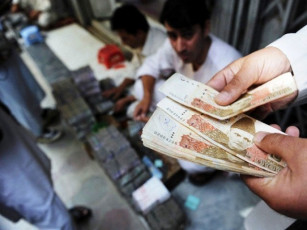

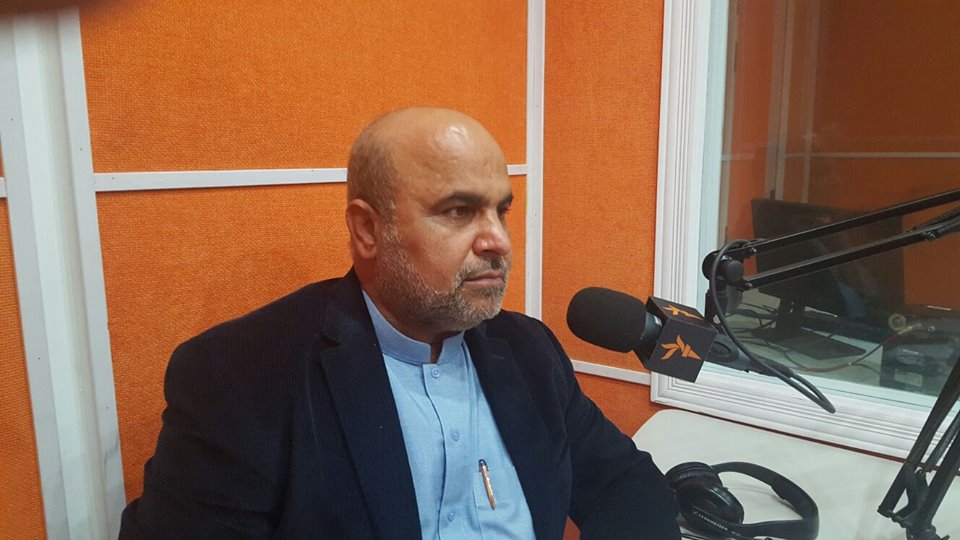


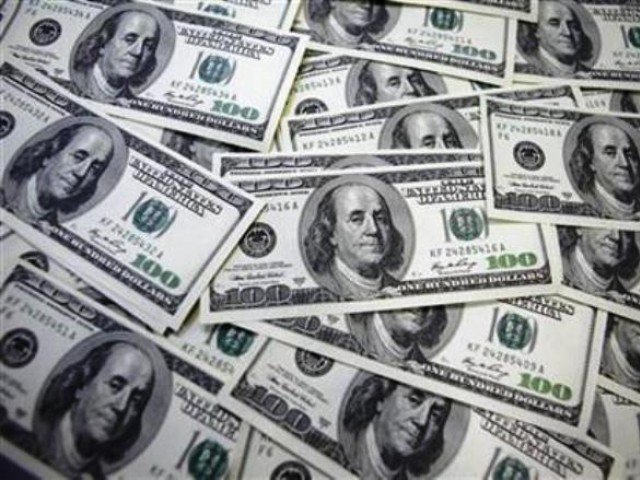



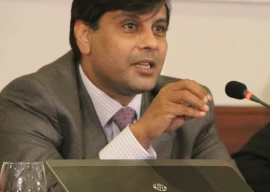
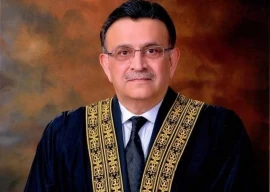

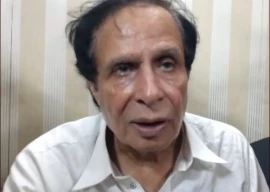








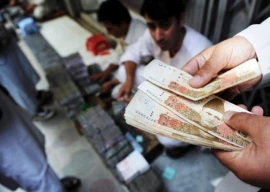



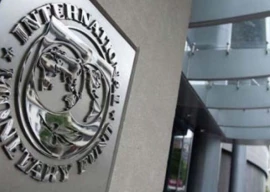


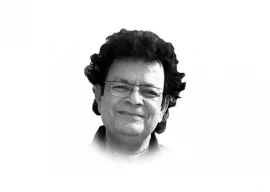

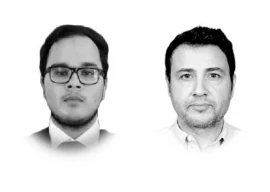

COMMENTS
Comments are moderated and generally will be posted if they are on-topic and not abusive.
For more information, please see our Comments FAQ